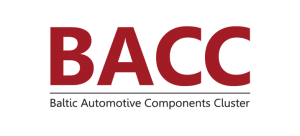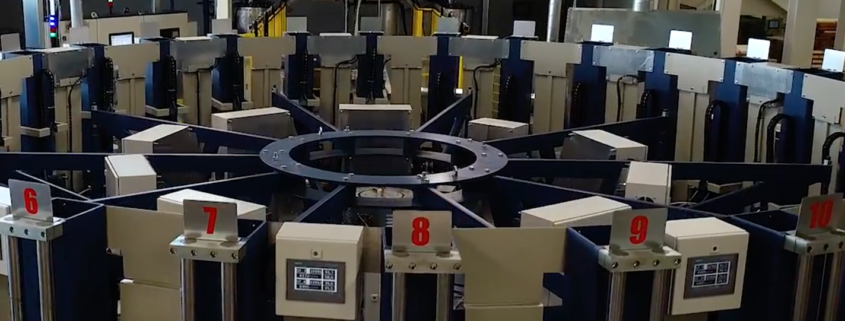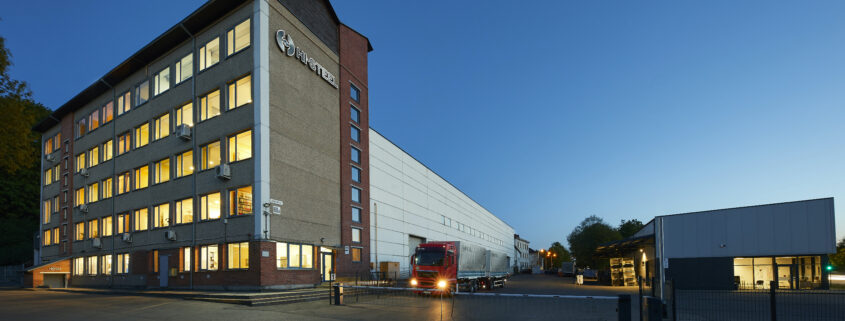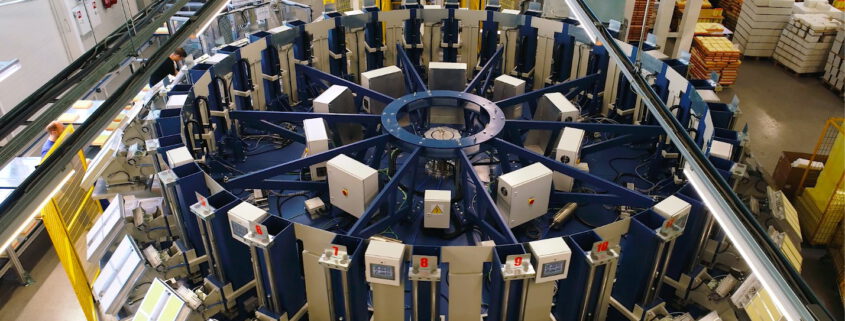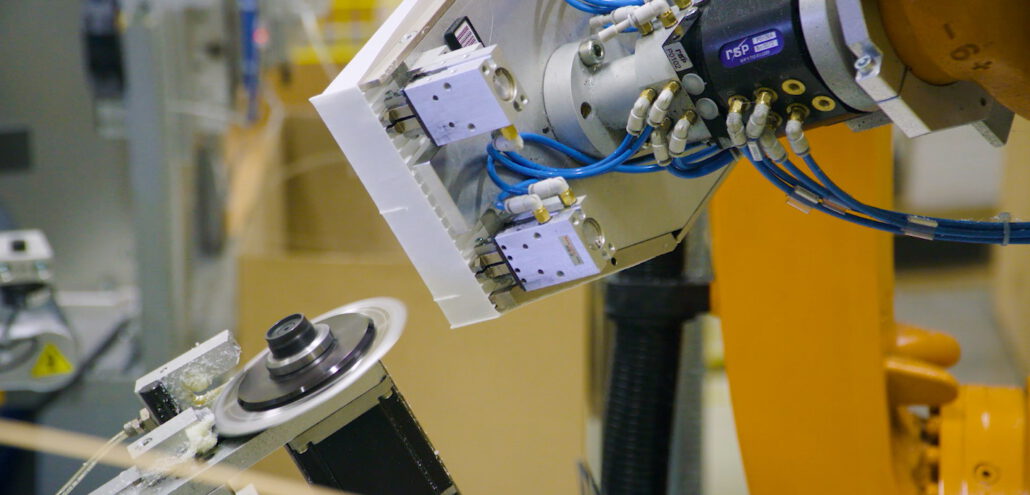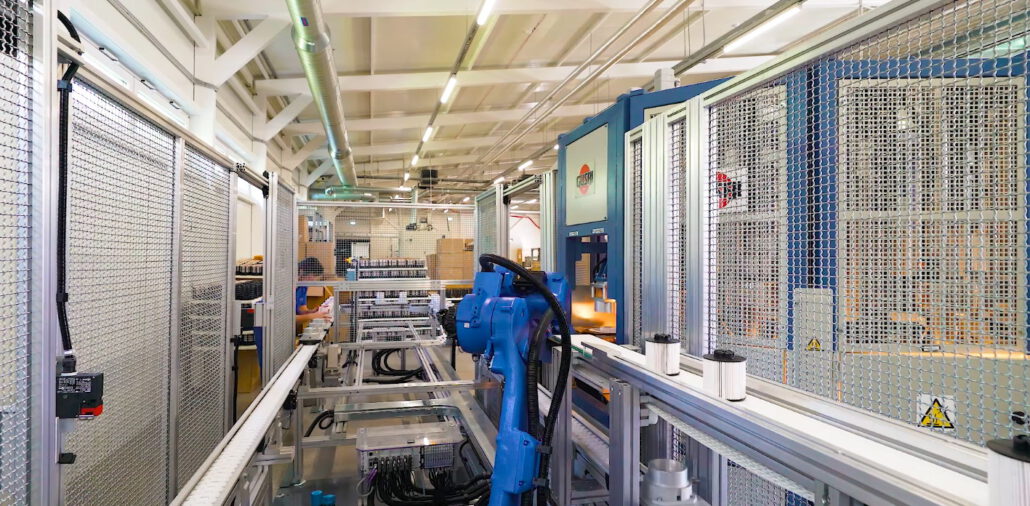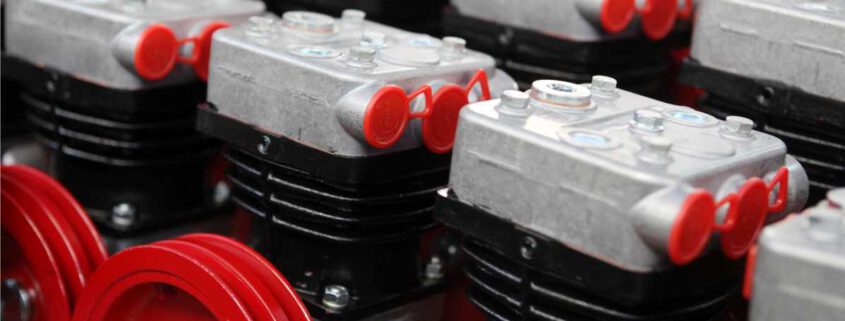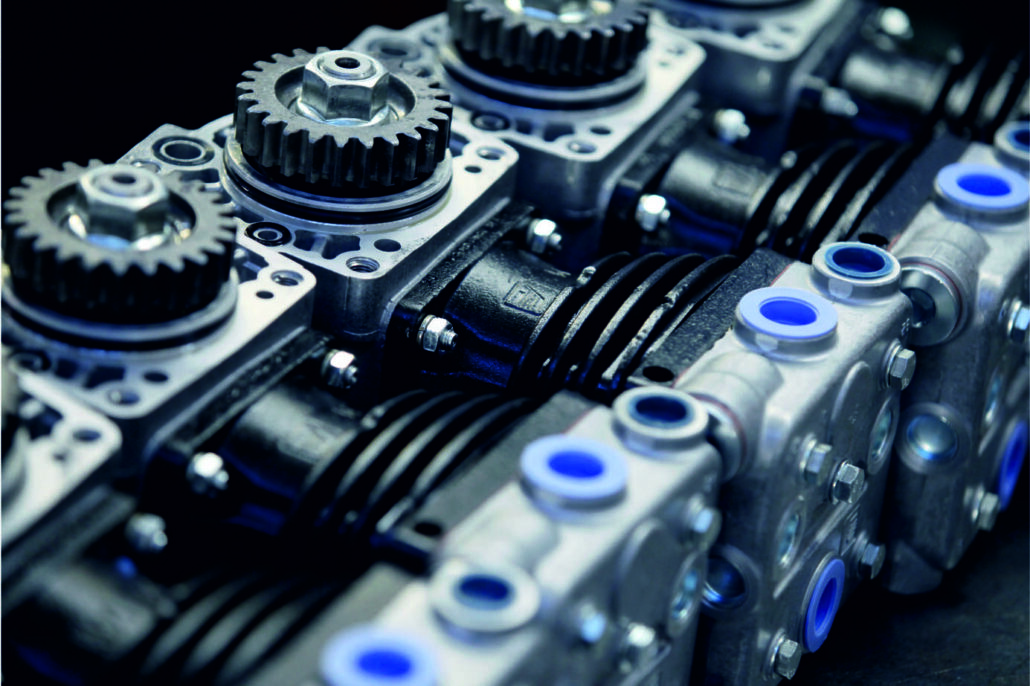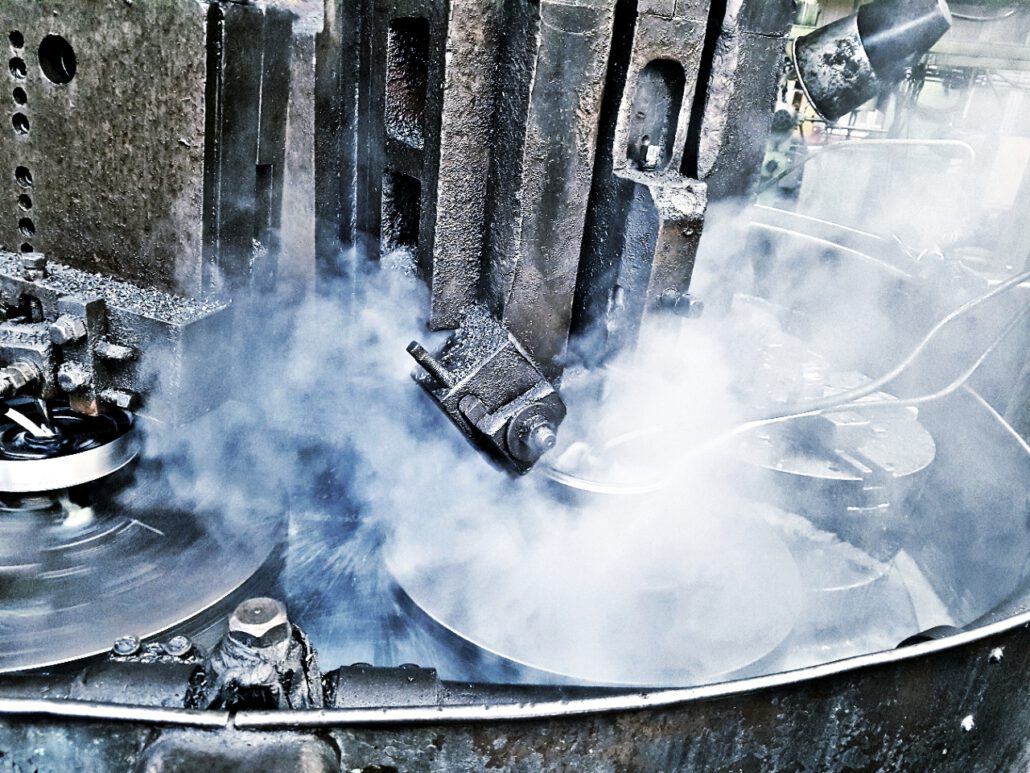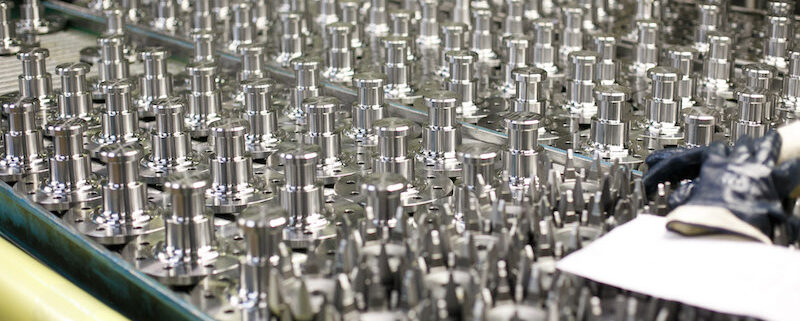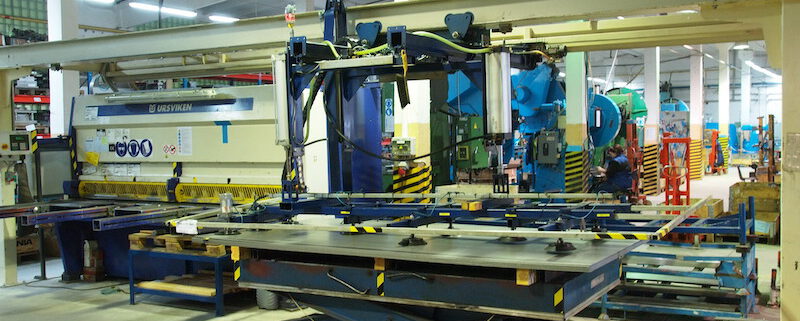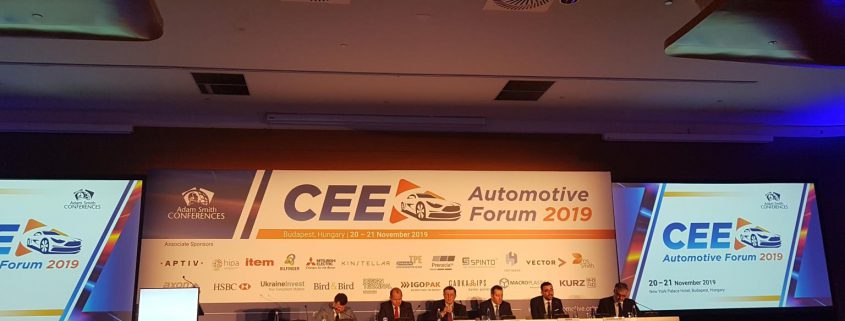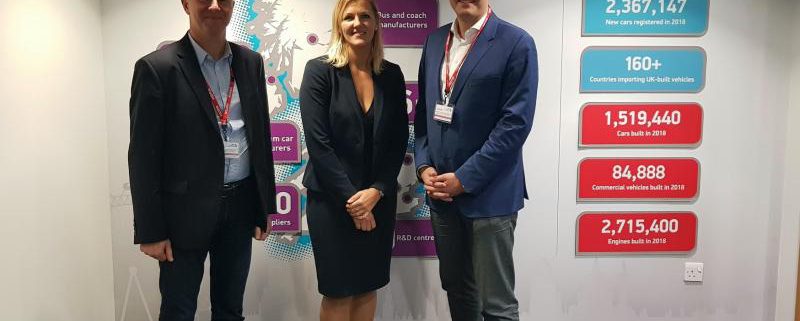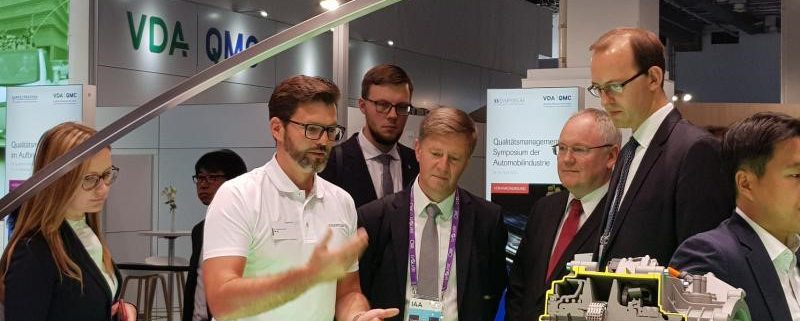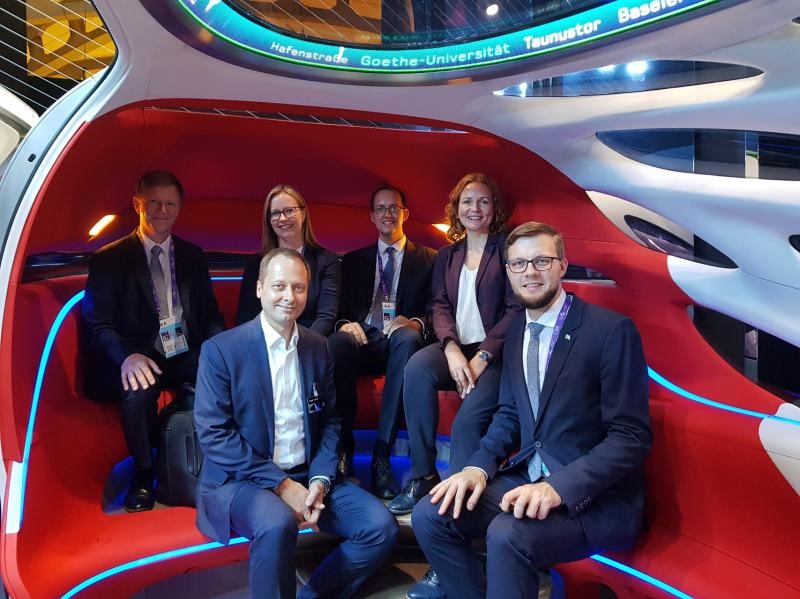The launch of a modern manufacturing line using robots, a project to build three warehouses, selling to world-famous automotive industry brands and fast-growing sales: this is the non-photoshopped everyday reality of the Marijampolė-based company CIE LT Forge and its CEO, Darius Masionis.
Tell us about the greatest challenges the company faced in 2019. What successes can the company take pride in?
In 2018 and 2019, our greatest challenge was managing the increase in production. Production volume increased significantly, compared with that of several years ago. We had an especially large number of orders and new manufacturing projects. As production volume grew, we had to seriously focus on managing that process. Our sales grew and grew, and have tripled since 2016, from 14 million euro to 45 million euro! A new crankshaft-production line, into which we invested 10 million euro and which began operating in spring 2018, contributed a lot to our especially fast growth. The startup of the new production line allowed us to triple our production capacity. We encountered another challenge, too: lack of space for storing raw materials and finished product, so last year we started a warehouse-expansion project and new construction. We can take pride in another production line modernisation project using robots, which we carried out in 2019.
What makes your company different from other companies with a similar profile?
We can offer the client a finished product, performing all necessary operations, from forging to machining. All of the parts we produce (crankshafts and parts for engines, transmissions and trucks) end up in the vehicles of world-famous manufacturers, including Audi, Renault, Fiat, Volkswagen, Skoda, Scania, Porsche and others.
What factors do you think are behind the growth of the company?
A major influence is the fact that we belong to CIE Automotive, a global group of companies having its own know-how.
We use Lean manufacturing principles in the company, and the Lean method helps us find ways to more effectively manage all our production processes. We have been working with the Lean method for several years and we invest in improving our efficiency.
What portion of production do you export? What portion stays in Lithuania?
Everything we make is exported, nothing stays in Lithuania. We work only with mass and serial production of automotive components. We have long-term contracts. Unfortunately, there simply aren’t any clients in Lithuania.
In what countries are your main partners/clients?
Our main clients are in Germany, Hungary and Poland. We also supply product to clients in Austria, Czechia, Romania, France, Italy, Sweden, the United Kingdom, Mexico and the USA.
What are the most important objectives for the company in 2020?
This year, we are concentrating on finishing the strategic projects we have already started: the construction of three warehouses and the modernisation of another production line using robots. We also plan to continue implementing Lean principles. In 2020, we plan to concentrate more on developing opportunities in IT and on social accountability.
